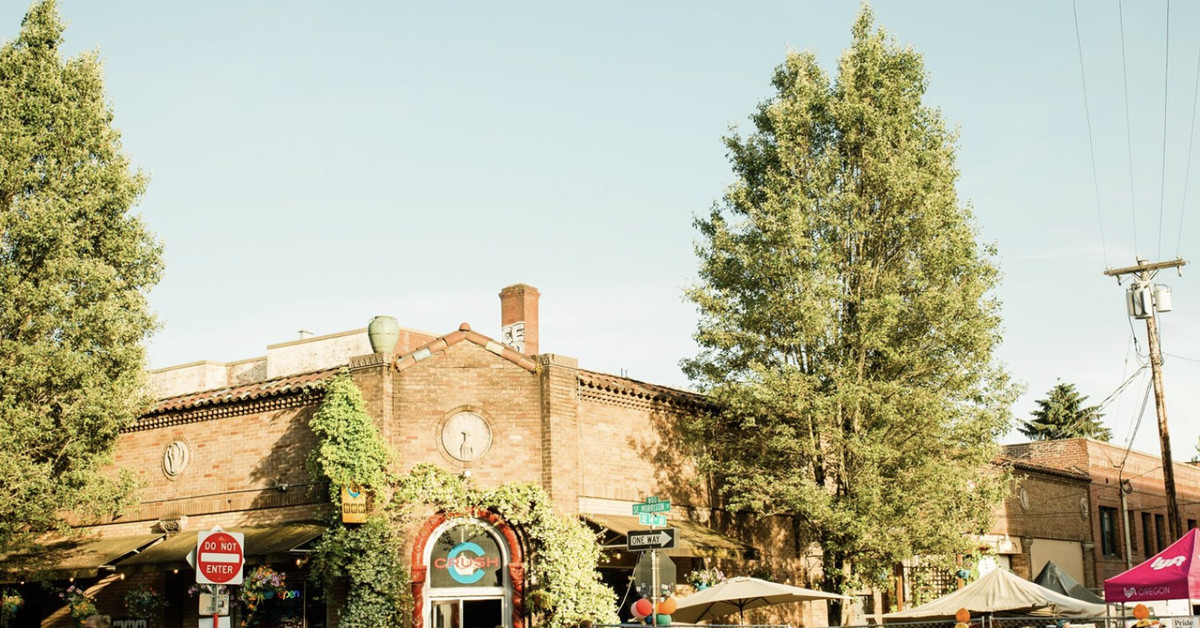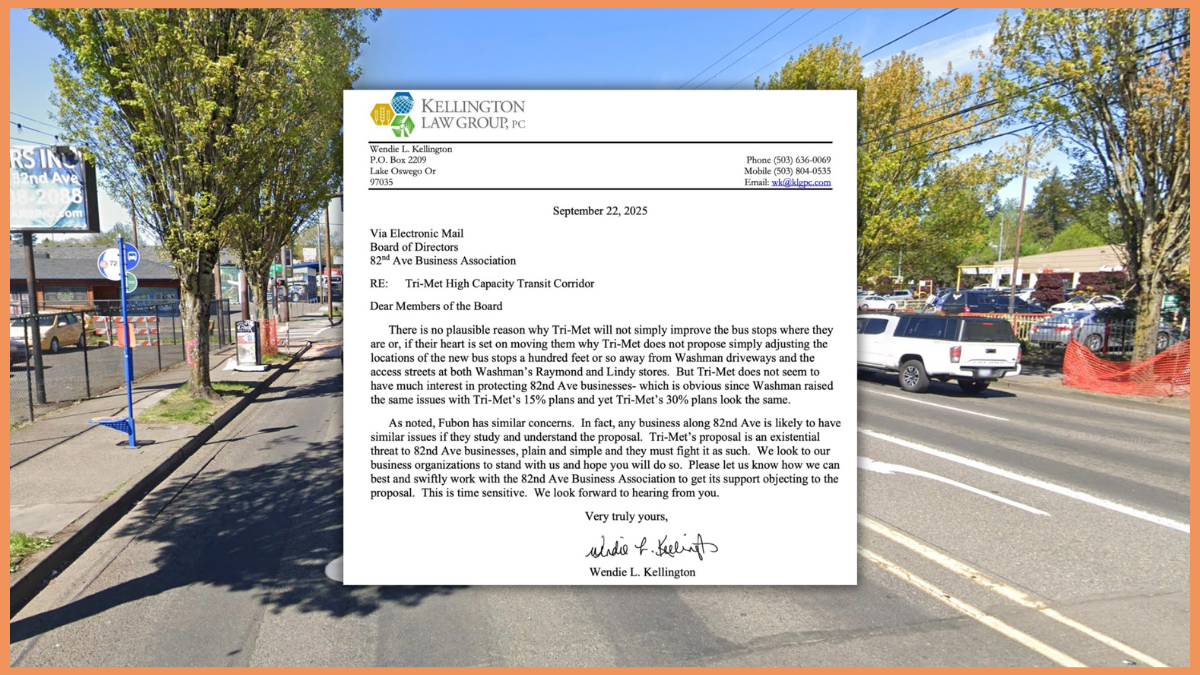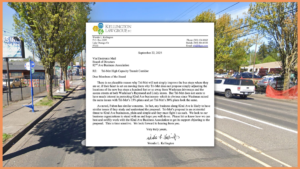A Devastating Year of Closures Has Left Portland in the Midst of a Barmageddon
At the end of 2024, one of Portland’s foundational queer bars, Crush Bar, will close after 23 years in business. Crush Bar is the latest third place to fall during Portland’s 2024 barmageddon, a seemingly nonstop barrage of bar closures as operators struggle with rising costs, falling attendance, a flattening nightlife scene, and other woes related to running a business.
This isn’t the first brush with closure for Crush Bar. At the end of 2023, the bar announced that it would close before it narrowly avoided that fate through an investment from a staff member. Although the staff member was supposed to take over permanently to allow owner John “Woody” Clarke to retire, dwindling sales made a future for the bar less possible. “The decision to close is ultimately motivated by Woody’s retirement from the bar industry in combination with a rough economic climate,” a representative for Crush wrote in a statement to Eater Portland. “It is the end of an era and sad to lose another queer bar in a time going forward when we all need community the most.”
Although Crush has remained a fixture in Portland’s bar scene, some soured on the bar in 2020 as police shut down an employee protest to demand payment for accrued sick days and guaranteed rehires after the bar reopened. After a complaint was filed with the National Labor Relations Board, Clarke settled with the employees.
In mid-October, another Portland queer bar, Sissy Bar, put out a statement saying it would be closing after Halloween. “Unfortunately, due to the devastating economic and social disruption caused by the pandemic, we have made the difficult decision to close our doors,” a post from the bar on October 13 reads. In the same month, psychedelic Portland bar the Houston Blacklight suddenly called it quits after opening in July 2023. During its short tenure, Eater Portland gave the Houston Blacklight its Eater Award for Best New Bar, and in 2024, Bon Appetit named the Houston Blacklight among its list of the best new bars in the country. But even a series of accolades wasn’t enough, as owners Mariah and Thomas Pisha-Duffly wrote in an Instagram post that the bar was never “financially sustainable.”
:no_upscale()/cdn.vox-cdn.com/uploads/chorus_asset/file/24806190/HoustonBlacklight_MollyJSmith_003.JPG)
October also saw the closure of Bar Asha and XO Bar from influential restaurateur Sanjay Chandrasekaran, as well as acclaimed Northeast Portland cocktail bar Cereus. In an open letter following the closure of Cereus, owner Bradley Stephens authored an open letter to the city of Portland, saying the closure was due to “the insane increased cost of operating a restaurant, bank headaches, and the often unpredictable consistency of when guests would go out for dinner or drinks.”
Although fall often brings less business to restaurants, Portland’s barmageddon extends past the colder months. In August, Mt. Tabor Brewing closed after 13 years and Apex poured its last beers. Earlier in the summer, often peak season for brewing, Cascade Brewing poured its last beers after 25 years in business. In May, Buckman neighborhood pub There Be Monsters closed after almost a decade in business.
But the year hasn’t been all bad news for Portland’s bars. Amid the year of unprecedented inflation, sky-rocketing labor and overhead costs, and other struggles that made managing a business more untenable, bars like Silk Road, Bauman’s on Oak, and Living Room Wines have opened their doors, bringing new life to the city’s cocktail, wine, beer, and cider scene.
Still, Portland’s new bars will have to face many of the same challenges that caused so many others to close. Nearly two months after closing Cereus, Stephens says it’ll be quite some time before he owns another bar, but he still has hope for others. “I think we’ll get there, but it’s going to be a hot minute,” he tells Eater Portland. He attributes the difficulties bars are currently facing to a lack of access to low-interest loans, difficulty competing for attention with venues that have larger marketing budgets, and an overall drop off in local and traveler dining spend.
“People go out less now too, because of many reasons, but the rise of the cost of going out is a big one,” he says. “It would be huge if people tried to make small businesses a top priority when they can afford to go out.”
Update: December 2, 4:10 p.m. PST: The story was updated to include additional context about Crush’s closure.
Share this content:















Post Comment